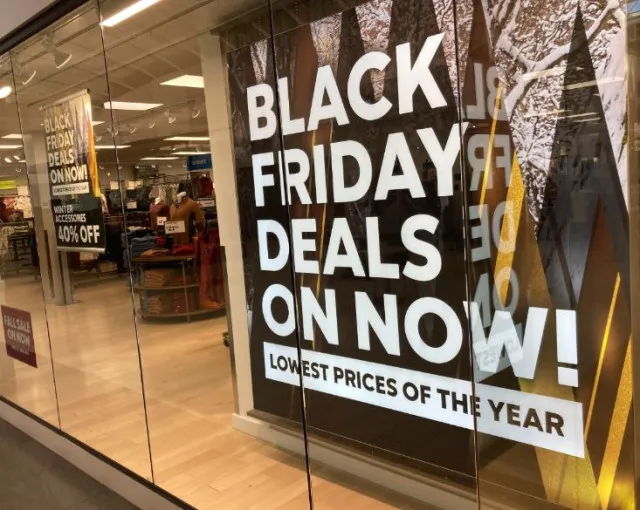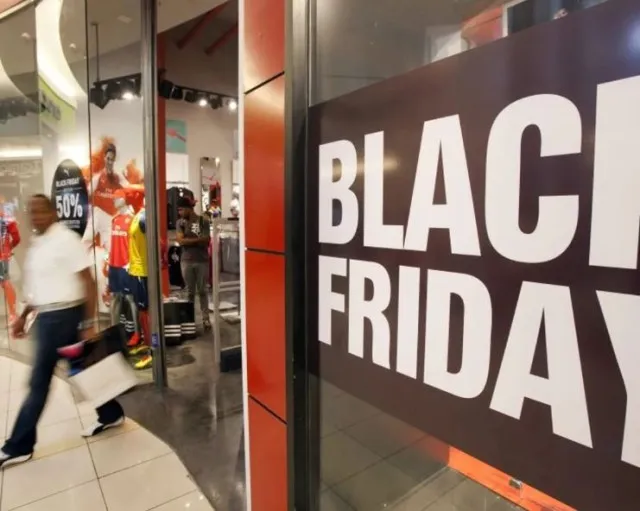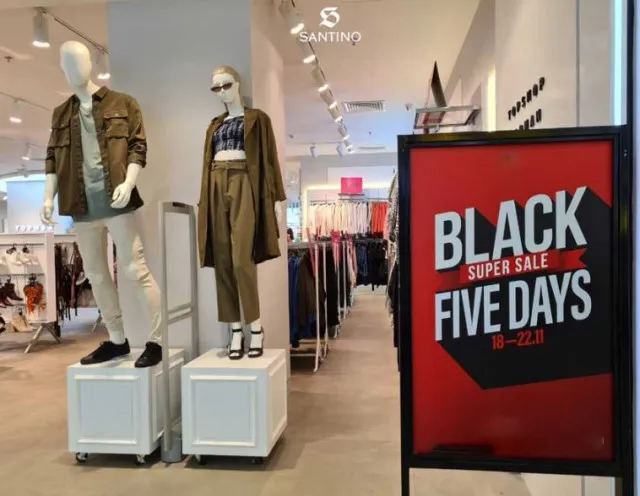Thanksgiving marks the beginning of the holiday season, filled with gratitude, family, and food. But for millions of Americans, the real excitement kicks off the day after—Black Friday. Known for its massive discounts and bustling crowds, this iconic shopping day has a surprising history that goes far beyond its modern-day madness. Have you ever wondered why it’s called “Black Friday”? Let’s explore its origins, evolution, and enduring place in retail culture.
What Is Black Friday?

Black Friday is one of the busiest shopping days in the United States, signaling the official start of the holiday shopping season. Retailers roll out jaw-dropping discounts on electronics, clothing, toys, and more, attracting throngs of bargain hunters eager to score the best deals. While some stores stretch their promotions throughout November, the frenzy reaches its peak on Black Friday.
For many, it’s more than a shopping event—it’s a sport. Shoppers strategize, wake up early, and brave the crowds to snag limited-time doorbuster deals. But what lies behind the name of this day? Its story begins long before crowded aisles and overflowing shopping carts.
The First Use of “Black Friday”
The term “Black Friday” didn’t originally refer to shopping. Its first recorded use dates back to September 24, 1869, during a financial crisis on Wall Street. Jay Gould and Jim Fisk, two notorious financiers, attempted to manipulate the gold market. Their scheme caused prices to skyrocket and then crash, leading to a market collapse that wiped out fortunes and triggered widespread economic turmoil.
This catastrophic event earned the name “Black Friday,” symbolizing a day of financial despair. While the connection to shopping came much later, this dark chapter in history marked the beginning of the term.
How Black Friday Became a Shopping Phenomenon
The modern association of Black Friday with shopping originated in the mid-20th century, particularly in Philadelphia. In the 1950s and 1960s, the day after Thanksgiving brought an influx of tourists and shoppers to the city, causing massive traffic jams and overcrowded streets. Police officers, who worked long hours managing the chaos, began referring to it as “Black Friday.”
At the time, the term had negative connotations, describing the disruption caused by the post-Thanksgiving rush. However, by the 1980s, retailers began to embrace and rebrand the term, giving it a more positive spin that would forever change its meaning.
Why Is It Called “Black Friday”?
Retailers redefined Black Friday, transforming its chaotic reputation into a celebration of consumerism and profit. Traditionally, businesses operated “in the red” (at a financial loss) for much of the year. Black Friday became the day when many stores moved “into the black,” turning a profit thanks to the surge in holiday shopping.
This reinterpretation shifted the focus from traffic jams to sales success. Retailers began heavily promoting Black Friday, creating a sense of urgency and anticipation among shoppers. Over time, the day became synonymous with deep discounts and a cultural kickoff to the holiday shopping season.
Black Friday’s Role in Modern Retail

Although many consider Black Friday the biggest shopping day of the year, it’s not always the leader in sales. For some retailers, the final Saturday before Christmas, also known as “Super Saturday,” often generates higher revenue. Nevertheless, Black Friday remains a cornerstone of the holiday shopping season.
The rise of e-commerce has also reshaped the day. Events like Cyber Monday, which focuses on online deals, extend the shopping frenzy beyond brick-and-mortar stores. Despite these changes, the essence of Black Friday—securing the best bargains—remains a constant.
The Evolution of Black Friday
The journey of Black Friday from a financial crisis to a beloved shopping tradition is a testament to the power of marketing and cultural adaptation. What started as a day of chaos and disruption has evolved into a celebration of consumer enthusiasm and retail success.
The term’s rebranding reflects a shift in perspective. While early references to Black Friday emphasized its logistical challenges, today it symbolizes opportunity—for shoppers to find great deals and for retailers to boost their bottom line. This evolution demonstrates how traditions can transform over time, often taking on entirely new meanings.
The Impact of Black Friday on Shoppers and Retailers

For consumers, Black Friday is an opportunity to save money on coveted items, from high-end electronics to holiday gifts. It’s a day of excitement, strategy, and sometimes even competition, as shoppers race to claim limited-stock deals.
For retailers, Black Friday is a critical part of the holiday season. It sets the tone for year-end sales, with many stores relying on the day’s revenue to meet their annual targets. In recent years, some businesses have extended discounts across the entire week—or even the whole month—to capitalize on the hype.
The Rise of Online Shopping and Cyber Monday
The digital age has significantly altered Black Friday traditions. Online shopping platforms now offer massive discounts, giving consumers the option to skip the crowds and shop from home. Cyber Monday, which follows Black Friday, has become a major event in its own right, focusing exclusively on online deals.
While some shoppers still enjoy the thrill of in-person Black Friday sales, others prefer the convenience of browsing and buying from their devices. This shift has created a more diverse shopping landscape, blending the best of both worlds.
Conclusion
Black Friday’s journey from a Wall Street crisis to a retail phenomenon is a fascinating example of how traditions evolve. Once associated with financial despair and urban gridlock, the day is now a celebration of consumer culture, offering excitement, savings, and a kickstart to the holiday season.
Whether you’re planning to brave the crowds for a doorbuster deal or enjoy the discounts from the comfort of your home, Black Friday remains a significant part of American culture. It’s a day that reminds us of the power of marketing, the joy of a good bargain, and the ever-changing nature of traditions. So, are you ready to dive into the frenzy this year, or will you sit back and watch the madness unfold? Whatever your choice, the story of Black Friday is a testament to the enduring spirit of the holiday season.


